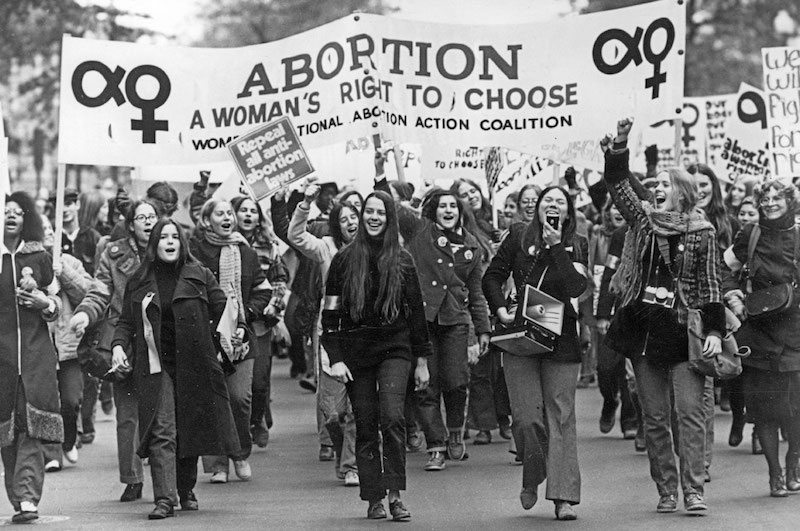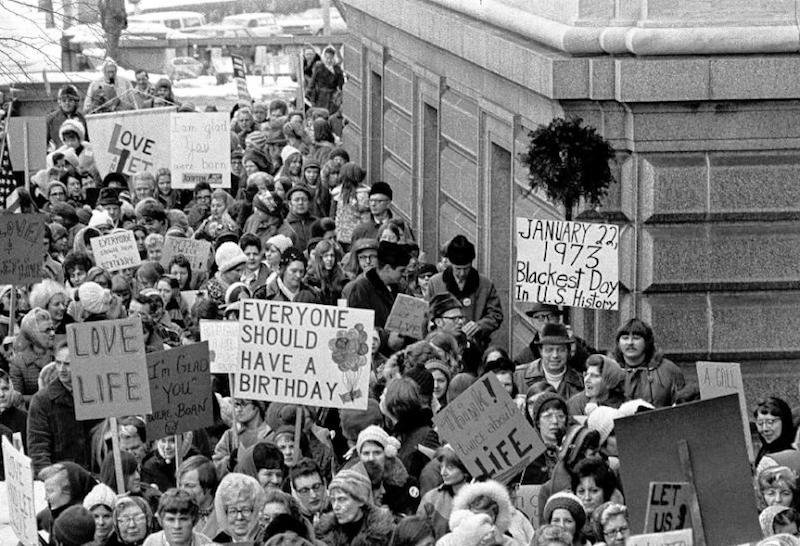Roe v. Wade
Episode #8 of the course “Trials that shaped the modern world”
The 1973 US Supreme Court case known as Roe v. Wade began when an anonymous petitioner under the alias Jane Roe filed a suit against Texas. Texas and other states criminalized abortions, and in many places around the US, abortions were performed illegally under dangerous conditions. Roe complained that the law violated her rights to privacy and choice. The defendant, Henry B. Wade, was the district attorney of Dallas County, Texas, where the case was originally filed.
The “right to privacy” was established by the 1965 case Griswold v. Connecticut, in which the US Supreme Court decided that multiple Constitutional Amendments created a “zone of privacy.” It was argued that, within this “zone,” a woman had the right to make informed decisions regarding pregnancy and its termination.
The US Supreme Court agreed, declaring the Texas law invalid. In its 7-2 ruling, the Court made abortions under limited conditions legal in all US states, even those which had no abortion laws. The Court later amended its decision about the timeline and conditions for the procedure, but it upheld a woman’s right to choose whether to carry a pregnancy to full term.
The Roe v. Wade case remains one of the most controversial in politics and ideology. At the heart of the controversy is the issue of “personhood”—no one knows when a growing fetus “becomes a person” during a pregnancy. People believe varying ideas about personhood, and there is no medical evidence to define “when” a fetus “becomes” a person. Therefore, this has led to debate on how to regulate, or criminalize, abortions.


People who believe that medical abortions should be limited, restricted, or banned are termed “pro-life” supporters, and those who believe that abortions should be a woman’s legal option are termed “pro-choice” supporters. The Roe v. Wade decision is considered the most fundamental feminist court case and is often a topic of political comment during election year.
Recommended book
“Abuse of Discretion: The Inside Story of Roe v. Wade” by Clarke D. Forsythe
Share with friends

